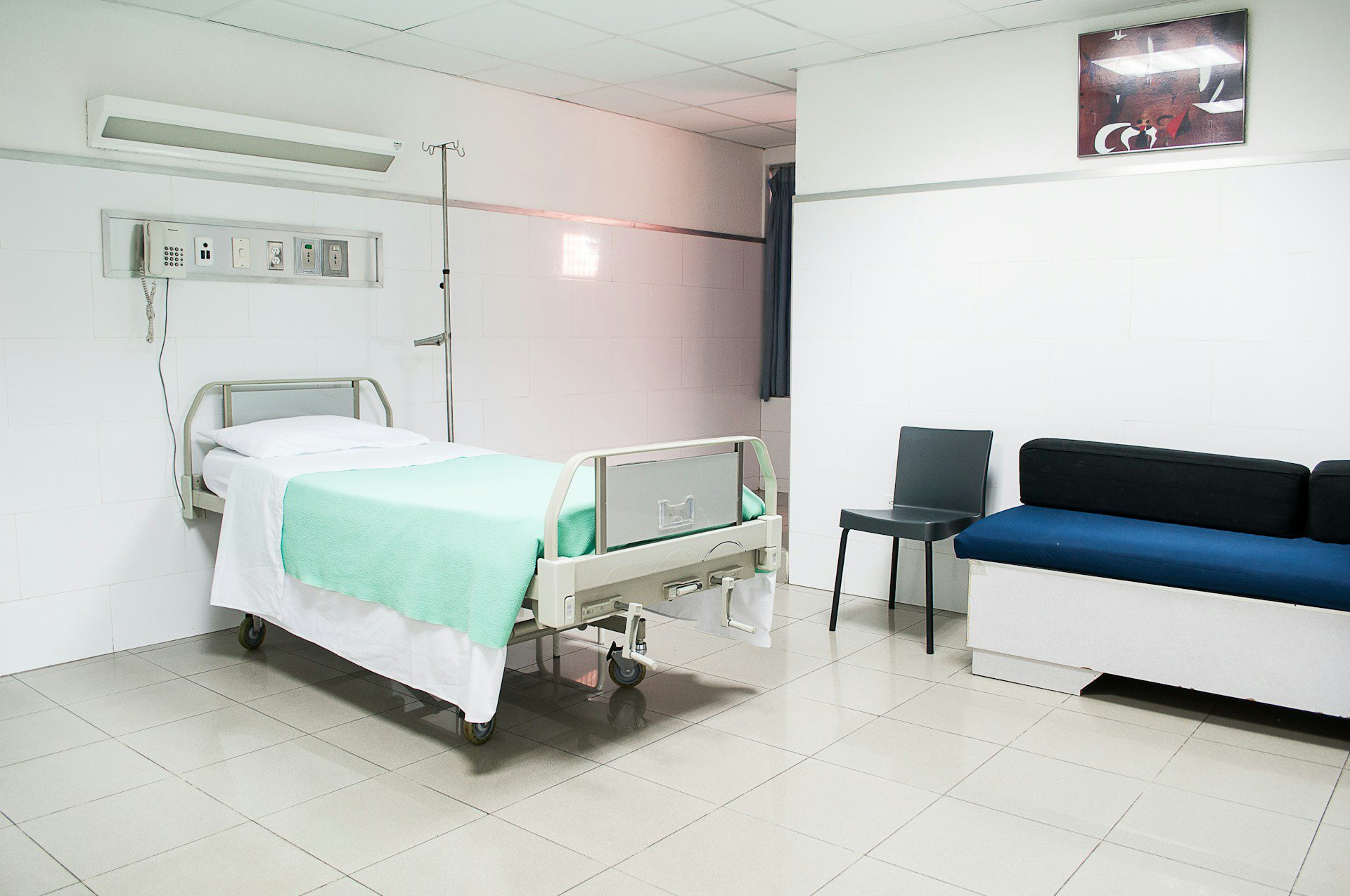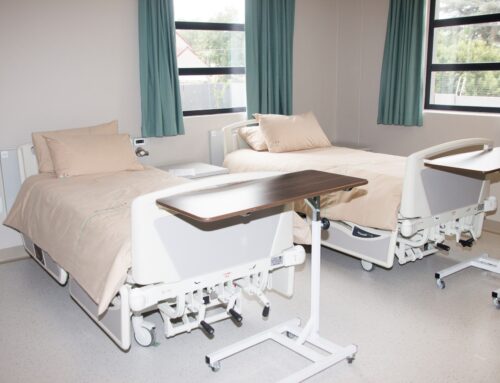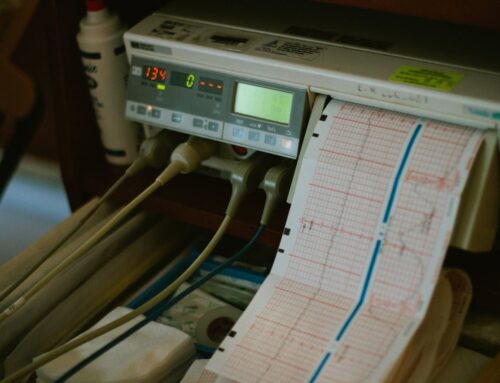We frequently hear from clients who have concerns about the standard of care they received in a hospital. Whether it relates to medical treatment, communication, or overall patient experience, it is important to know that there is a formal process for making a complaint and that hospitals have a duty to respond appropriately.
If you are unhappy with the care you received in hospital, you have the right to raise your concerns. We have detailed below how to make a complaint and we outline the process the hospital must follow when they receive your complaint.
Making a Formal Complaint
Who to Contact?
Public hospitals in Ireland are governed by the Health Service Executive (HSE), while private hospitals have their own complaints procedures. If your complaint relates to an HSE hospital, you can submit it through:
- The hospital’s Complaints Officer
- The hospital’s Patient Advocacy Liaison Service (PALS)
- The HSE’s “Your Service, Your Say” complaints system
If the hospital is private, you will need to follow its internal complaints procedure, which should be outlined on its website or available upon request.
How to Submit a Complaint?
A complaint can be made:
- In writing (email or letter)
- Verbally (in person or by phone)
- Through an advocate (if you need assistance)
Your complaint should include:
- Your full name and contact details
- Details of the hospital and healthcare professionals involved
- The date(s) of the incident(s)
- A clear explanation of what happened and why you are dissatisfied
- Any supporting evidence (e.g., medical records, letters, or witness accounts)
- The outcome you are seeking (e.g., an explanation, apology, or policy change)
The complaint should be made as soon as possible—within 12 months of the incident or within 12 months of becoming aware of the issue.
What Happens After You Make a Complaint?
Acknowledgement of Your Complaint
The hospital must acknowledge receipt of your complaint within five working days. This acknowledgment should confirm that your complaint has been received and will be investigated.
Investigation Process
The hospital will assign a person to investigate your complaint. This could involve:
- Reviewing your medical records
- Speaking with the healthcare professionals involved
- Taking statements from witnesses
- Examining relevant hospital policies and procedures
The investigator may contact you for further information or clarification.
Response Timeline
Under HSE guidelines, the hospital should provide a response within 30 working days. If the investigation takes longer, the hospital must update you every 20 working days until a final response is issued.
What If You Are Not Satisfied with the Response?
If you are unhappy with how your complaint was handled, you have several options:
- Request a Review by the HSE
If your complaint was made to an HSE hospital and you are dissatisfied with the response, you can request an internal review by the HSE.
- Contact the Ombudsman
If you remain dissatisfied after the hospital’s response or the HSE review, you can escalate the complaint to the Office of the Ombudsman (or the Ombudsman for Children, if the complaint concerns a child). The Ombudsman is an independent body that can investigate whether your complaint was handled fairly.
- Consider Legal Action
If your complaint relates to medical negligence—where substandard care has caused you harm—you may wish to seek legal advice. Medical negligence claims require strong evidence and legal expertise, as they differ from standard complaints. At McElhinney & Associates we specialise in medical negligence cases and can guide you through this complex process.
Beware
Depending on when the complaint was lodged the complaints procedure can take a very significant period of time. Oftentimes the complaint procedure in complex matters take much longer than the time frames prescribed and what is particularly important is that patients do not find themselves out of time to bring a medical negligence claim should it transpire that there was negligence in the care or treatment they received.
The statute of limitations is 2 years from the date of the negligence act and patients would not be advised to wait until the hospital complaint procedure is complete before contacting their solicitor as they could very well find themselves beyond the statute of limitations and thereby precluded from bringing an action for a medical negligence matter
Key Takeaways
- You have the right to complain if you are dissatisfied with hospital care.
- Complaints should be submitted as soon as possible, ideally within 12 months.
- The hospital must acknowledge your complaint within 5 working days and investigate it in a timely manner.
- If you are not satisfied with the response, you can escalate the complaint to the HSE, the Ombudsman, or consider legal action if negligence is involved.
- Beware of the Statute of Limitations contact your solicitor
If you believe you have suffered harm due to medical negligence, contact our expert solicitors today for a confidential consultation. We can help you assess your legal options and pursue justice where appropriate.
Disclaimer
*In contentious business a Solicitor may not calculate fees or other charges as a percentage or proportion of any award or settlement
**This information is for guidance purposes only. It does not constitute legal or professional advice. Professional or legal advice should be obtained before taking or refraining from any action as a result of the contents of this publication. No liability is accepted by McElhinney & Associates for any action taken in reliance on the information contained herein. Any and all information is subject to change.
About the Authors
Jolene McElhinney, BBLS, Principal Solicitor
Jolene McElhinney is the founding principal of McElhinney & Associates, renowned for her expertise in employment law and personal injury claims across the North West of Ireland. With a distinguished academic background and over a decade of experience, Jolene is dedicated to providing personalised, expert support to her clients, ensuring they navigate the complexities of the legal landscape with confidence and clarity.














